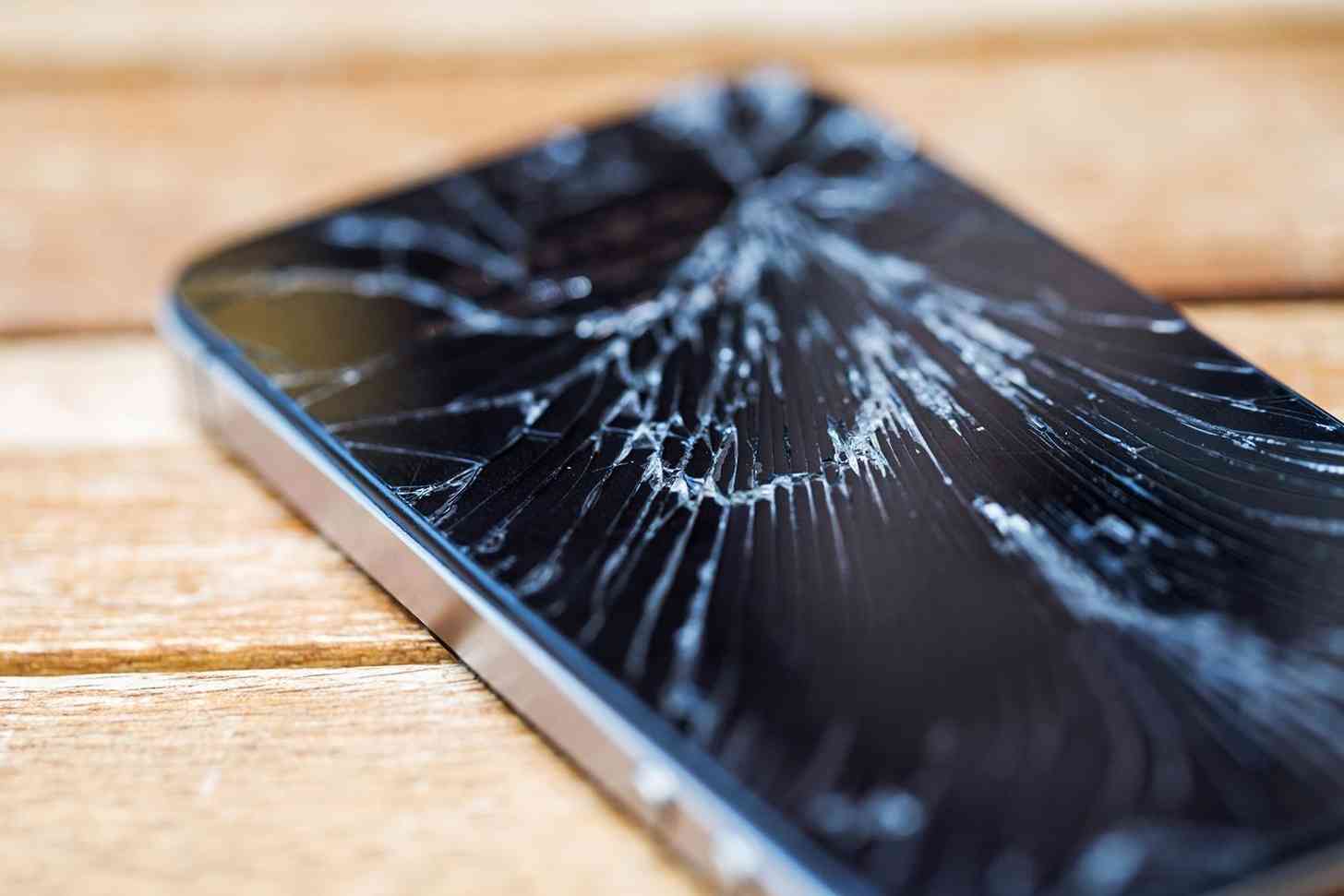
The title of this article isn’t meant to have some figurative meaning; by all means it is a literal title.
I wrote an article yesterday detailing the differences between the Samsung Galaxy S8 and LG G6, flagships that focus on shrinking bezels. In the end, I wrote that both phones are worth considering and overall seemed like good choices. What I didn’t mention (mostly because I feel like I’m beating a dead horse) is that I still consider both manufacturer’s decisions to use a glass back a poor choice in design.
It is and always has been a poor choice. Not only does glass break easily, but it’s also slippery and a fingerprint magnet. Yet, more companies seem to be going that route with their smartphones. The first time I saw the glass back on the Apple iPhone 4 I thought to myself, “That seems like a terrible idea.” I was working for Sprint when the iPhone 4S released, which featured the same glass back, and it wasn’t uncommon for people to come in with an iPhone 4S with a shattered back.
Of course, Apple pulled away from the glass back from the iPhone 5 onward, but the trend continued through other companies. The LG Nexus 4, Sony Xperia Z series, Samsung Galaxy S6 and S7, Google Pixel, HTC U Ultra, LG G6, and now the Galaxy S8 all feature glass backs as well. I kind of get it. Glass looks glossy and nice, but it’s just not a good material to put on something you hold (and drop) a lot (not without a purpose at least, which glass backs tend to lack).
Honestly, metal isn’t much better the more that I think about it. I praised the crap out of the HTC One (M7) when it first came out because it was the most beautiful Android device I had ever seen, but between its aluminum unibody design and rounded back it was one slippery son of a gun. The metal back on iPhone wasn’t an issue until the iPhone 6 came along with its rounded corners. While I agree that rounded corners are more comfortable to hold, aluminum isn’t so great for gripping.
Most of my phones have had cases on it for the better part of forever, but it’s particularly important now with so many flagships featuring aluminum or glass backs. The BlackBerry Priv and KeyONE have the right ideas when it comes to that’s useful and looks professional. Both devices have a woven carbon fiber back, giving the device at least some sort of grip. It’s not foolproof, but it doesn’t aggravate the problem, either. The faux leather on the back of some older Samsung and LG devices also didn’t seem like such bad ideas.
Although I’ve always used (and occasionally enjoy using) a case, the truth is that I would love to feel confident enough in my phone’s build to use it without one. Only occasionally do I feel brave enough to take my phone out of the case, and that’s usually when I’m on a soft surface and/or close to the ground. But with manufacturers designing their large phones with slippery/fragile materials such as metal and glass, rounded corners, and slim bezels, phones feel like they’re only becoming more delicate. I treat my caseless phones like I treat a raw egg: very carefully.
For now, it looks like cases (I should emphasize good cases) are still a big part of my smartphone experience, but it would be nice to see more companies find ways for users to be able to comfortably enjoy their bare phones.